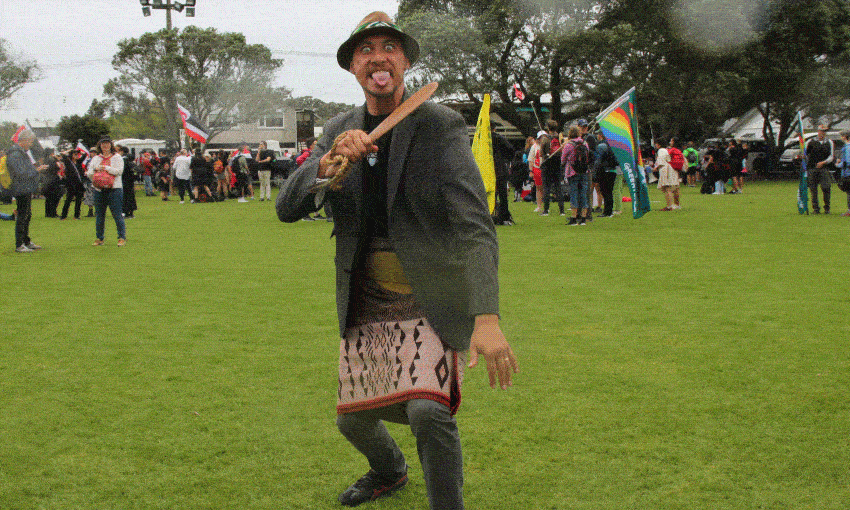Photo: Supplied
You might think rare books and TikTok make strange bed fellows, but antiquarian bookseller Tom Ayling is a social media sensation.
Ayling has over half a million followers across multiple platforms, his videos explain the history and stories behind some of the world’s rarest and most sought-after books.
So, what makes a book rare? It boils down to two things, he told RNZ’s Nights.
“There’s scarcity to it, they’re hard to find. But within the book trade to be a rare book also has to be in demand.
“If your mad uncle wrote his autobiography and only one copy exists that is a very scarce book, there’s only one in the world, but there’s probably not much demand in the marketplace for it.”
First editions were sought after, but also books with something unusual about them, he said.
“Whether a book has been signed by an author, or there might be interesting textual things in a book.
“One of my favourites is a Bible printed in the early 17th century called the Wicked Bible. The printer Robert Barker had been printing Bibles for the previous couple of decades, But, in this Bible, he made a bit of a clanger in the Ten Commandments, it says ‘thou shalt commit adultery’.”
The text within many of the books was freely available online, but the physical object was about so much more, he said.
“It’s very, very different holding a book, feeling it, smelling it, looking at those gaps between the stitches right in the binding, that’s a completely different experience to, say, a book that’s been digitised.
“It’s designed to be handled and turned in your hands and pored over and looked through.”
His videos had connected with hundreds of thousands of people, he said.
“What I’m hoping the social media does is, a lot of people see this world, the world of rare books, as a world of private libraries with stuffy old men and elitism and all of those connotations that you might have, and that is not at all what this world is like.
“It’s the most incredible, collaborative, collegiate world.”
His love of books ran deeper than whoever the author might be, he said.
“I love the people behind these books, not just the people that wrote them, but the people that made them, that printed them and bound them, owned them and bought them and sold them.
“All these different things over the over the centuries, when you start presenting the book like that, like a universal human experience, it becomes so much more accessible, and people connect.”




















Discussion about this post